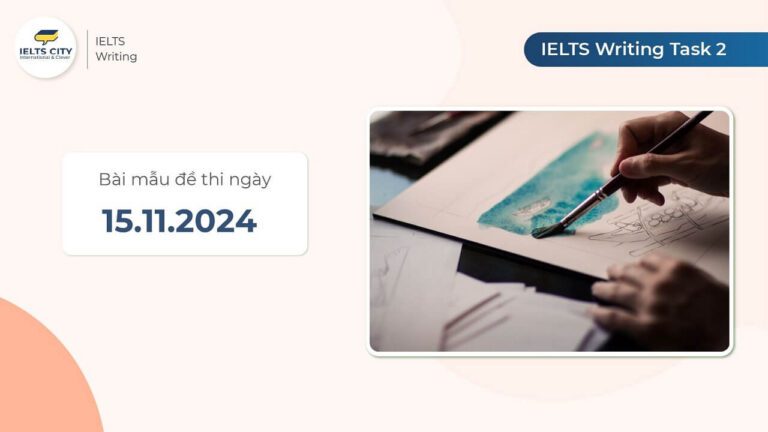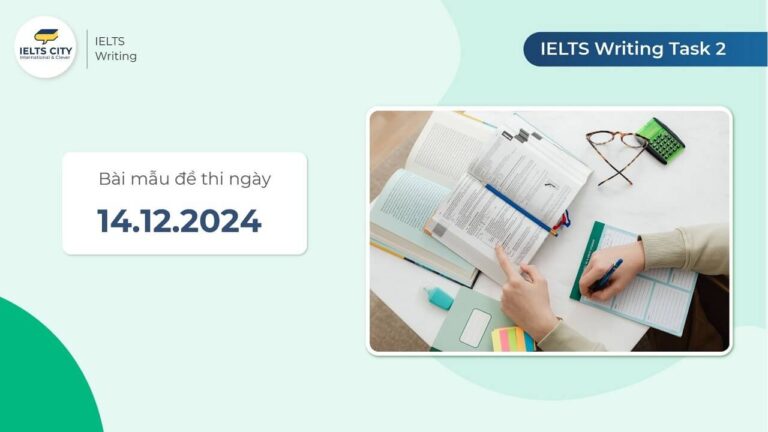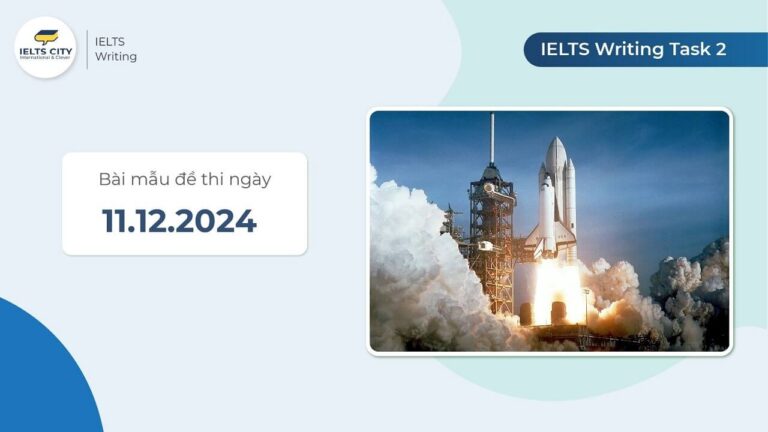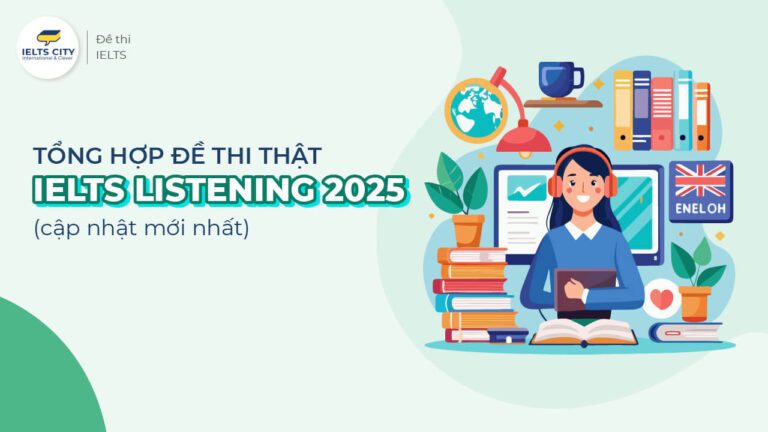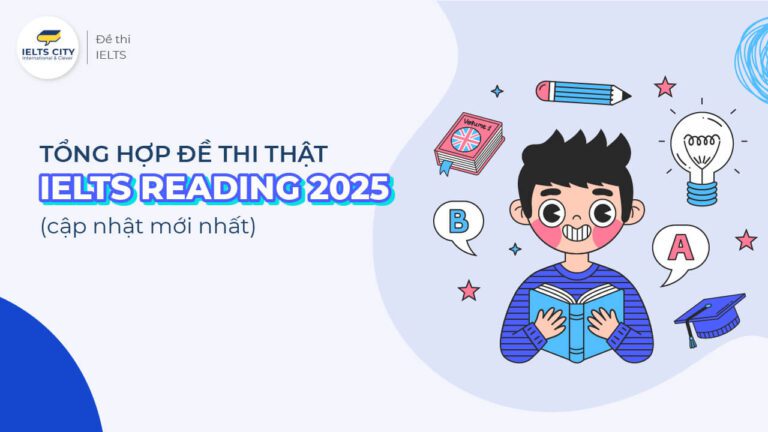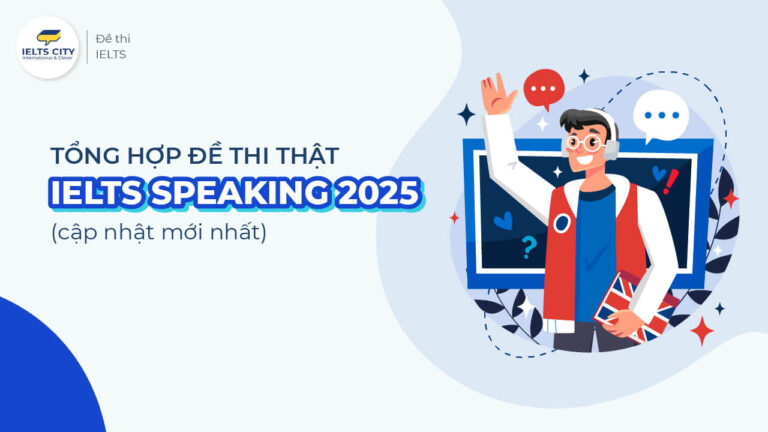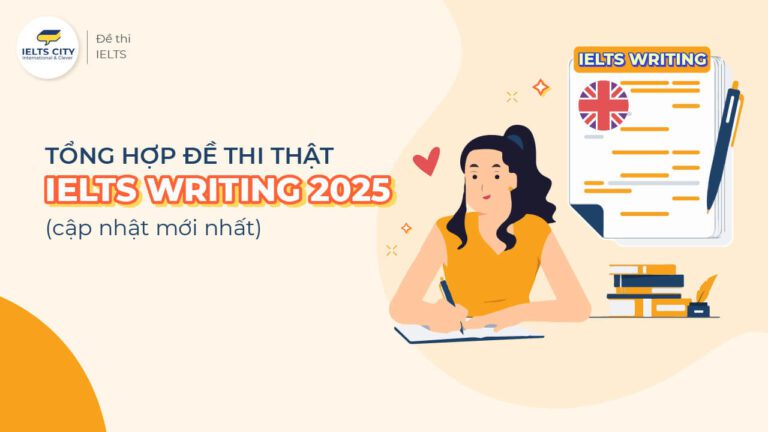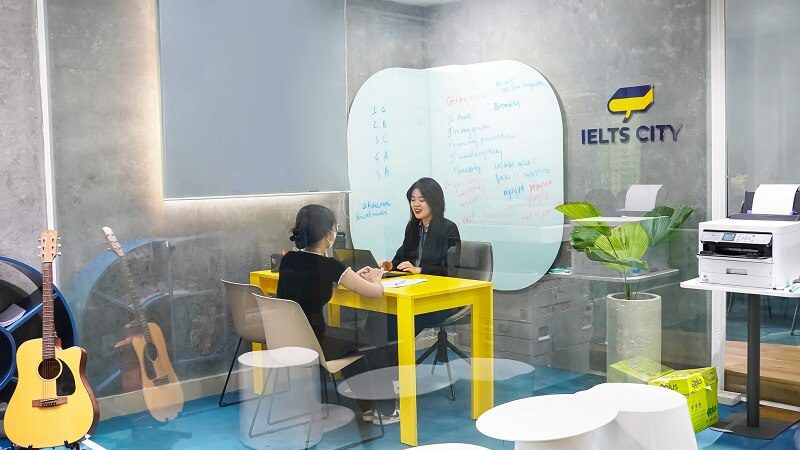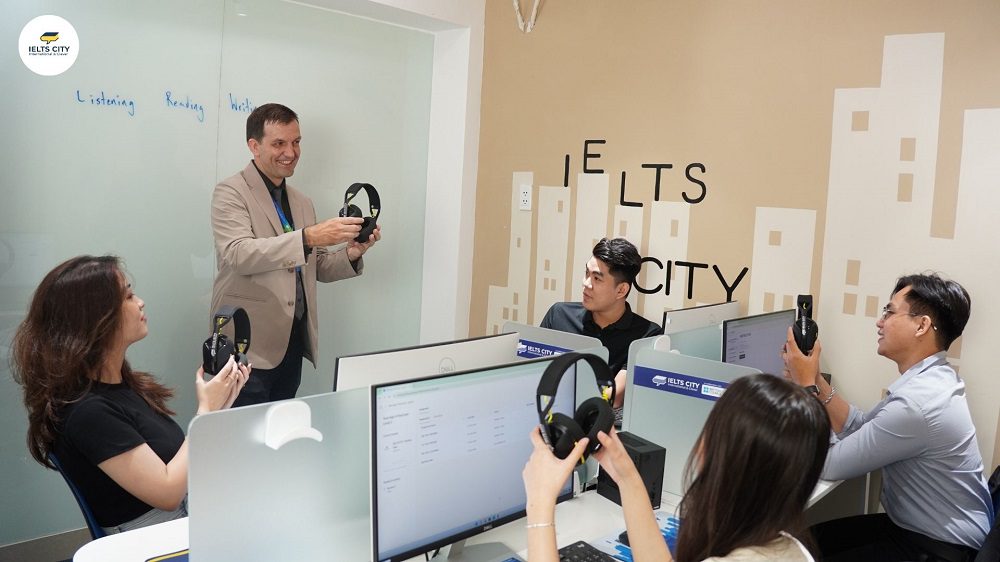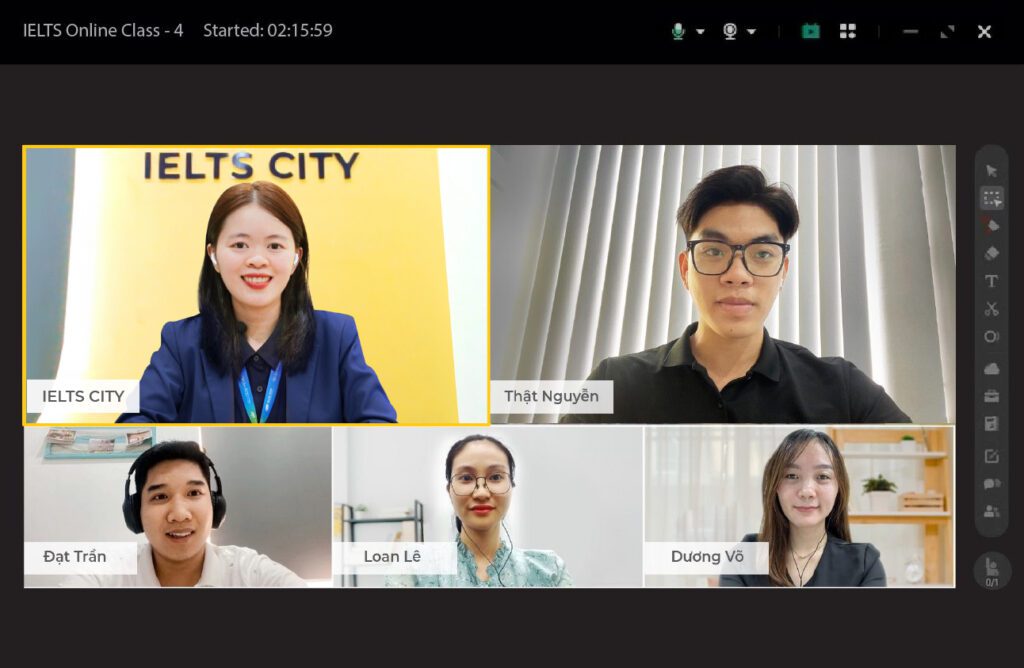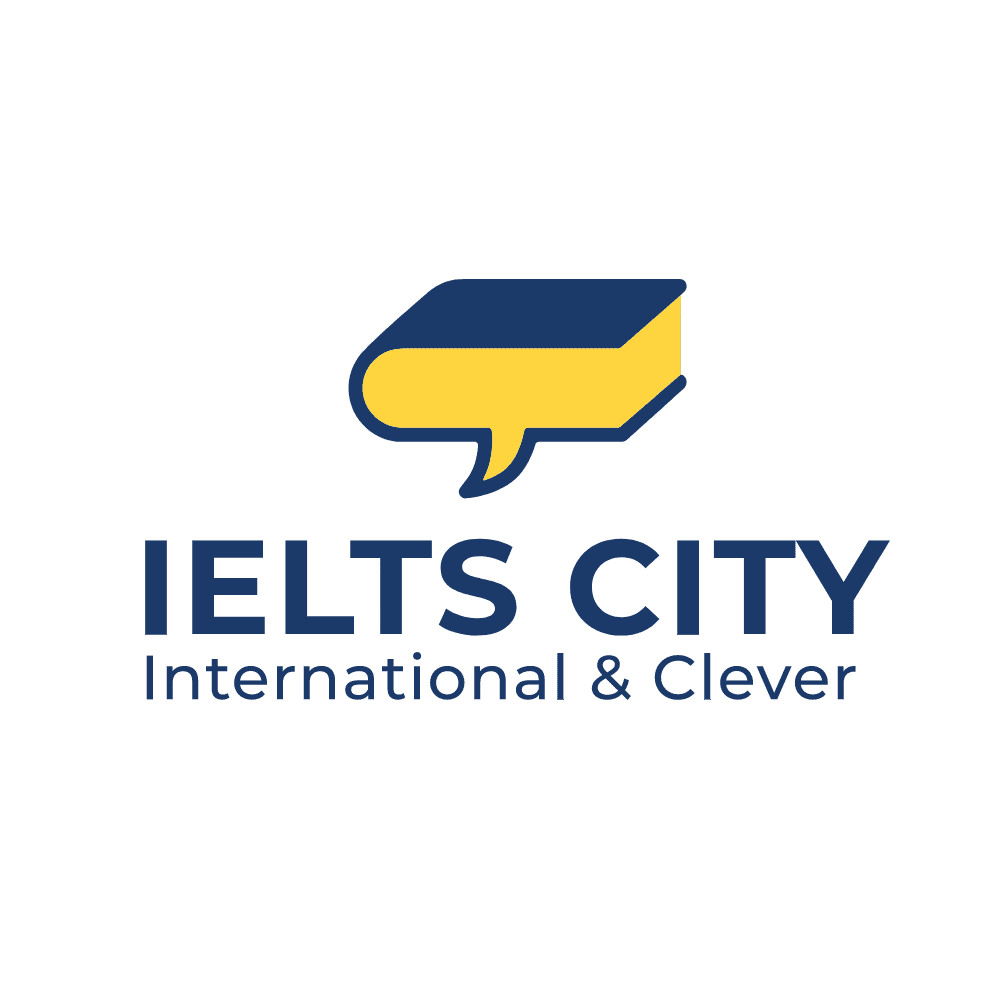Đề thi IELTS Writing Task 2 ngày 19.11.2022 yêu cầu nêu ra luận điểm cá nhân về chủ đề lịch sử. Đây là chủ đề khá quen thuộc. IELTS City mời bạn tham khảo cách lập luận của bài viết dưới đây, đồng thời khai thác thêm những ý tưởng tốt hơn mà bạn có thể nghĩ ra.
IELTS CITY cũng xin lưu ý rằng, với Task 2, điều quan trọng không phải là số luận điểm mà bạn liệt kê ra được, mà chính là độ chặt chẽ của lập luận. Do đó, mỗi đoạn thân bài, bạn nên nêu tối đa 02 luận điểm, và tập trung vào việc triển khai chúng nhé.
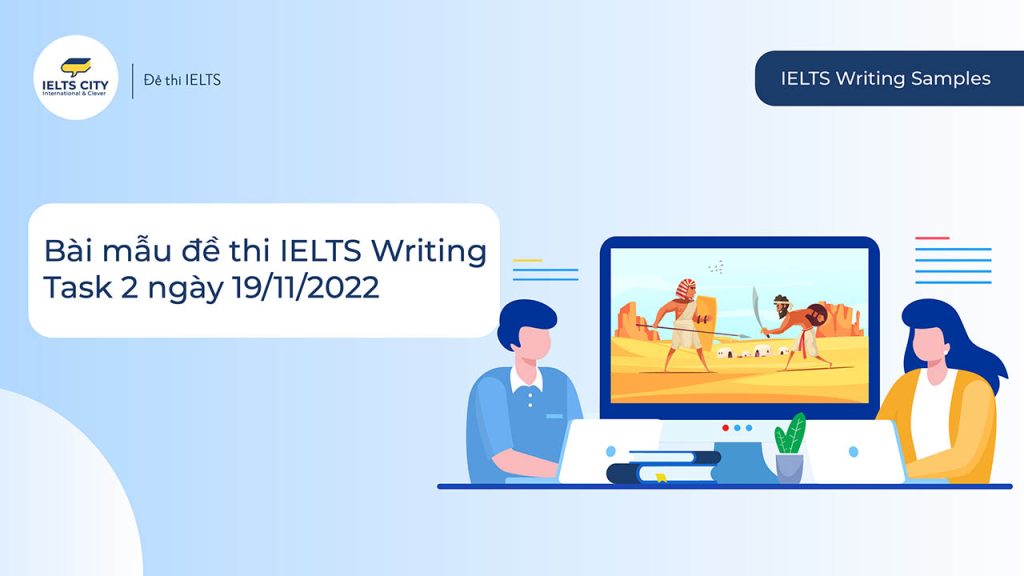
Nội dung chính
Toggle1. Đề thi IELTS Writing Task 2
Đề bài: Some people think history has nothing or little to tell us, but others think that studying the past history can help us better understand the present.
Discuss both views and give your own opinion.
2. Dàn bài
Introduction:
- Giới thiệu đề tài: mức độ liên quan của các ghi chép lịch sử đối với xã hội hiện tại.
- Paraphrase hai ý kiến đề cho.
- Nêu mục đích của bài viết: xem xét cả hai quan điểm và đưa ra quan điểm của riêng tôi.
Body 1: Bàn luận về ý kiến thứ nhất.
- Topic sentence + main idea: Một số người nghi ngờ tính liên quan của các tài liệu lịch sử với lý do chúng thuộc về quá khứ và do đó khác xa với thế giới hiện tại của chúng ta.
- Explanation 1: Xã hội loài người luôn thay đổi, và thay đổi một cách khó lường.
- Explanation 2: Không ích lợi gì khi hy vọng rằng việc nghiên cứu các mô hình phát triển ở các thời đại trước sẽ làm sáng tỏ hiểu biết của chúng ta về hiện tại.
Body 2: Bàn luận về ý kiến thứ hai.
- Topic sentence: Những người khác khẳng định rằng lịch sử, theo nhiều cách khác nhau, tạo thành một nguồn hiểu biết vô giá về thế giới hiện tại.
- Main idea 1: Sử gia cung cấp bằng chứng cụ thể để dựa trên đó, chúng ta có thể phản tư về hiện tại.
- Example: Không có tác phẩm triết học nào và không có nghiên cứu khoa học hay phát minh nào được thực hiện mà trước đó không có sự nghiên cứu về những thành tựu, thất bại và những công trình dang dở của các thế kỷ trước.
- Main idea 2: Ngay cả khi các tường thuật lịch sử mô tả một thế giới khác hẳn so với thế giới của chúng ta, thì ít nhất chúng cũng truyền đạt một thông điệp quan trọng rằng thế giới chúng ta đang sống không tĩnh tại.
- Example: Sự xuất hiện của cuộc cách mạng khoa học ở thế kỷ 17, sự nổ ra của những cuộc thế chiến hay sự ra đời của các phong trào Phục hưng và Khai sáng, tất cả đều xuất phát từ những hoàn cảnh kinh tế xã hội cụ thể.
- Explanation: Hiểu về cách nguyên nhân xảy ra và tác động của các sự kiện lịch sử giúp chúng ta nhớ rằng thế giới hiện tại của chúng ta cũng thay đổi không ngừng.
Conclusion:
- Khẳng định mỗi quan điểm đã cho có những lý lẽ riêng.
- Nêu quan điểm cá nhân của người viết: Lịch sử cung cấp tiền đề vững mạnh để chúng ta nhận thức về thế giới hiện tại, ít nhất là nó chứng minh rằng xã hội của chúng ta luôn thay đổi.
3. Sample Answer band 8.0+
How much relevance historical records bear to present society is sometimes disputed. According to some people, history barely helps one understand ongoing world events, whereas others assert that looking at historical accounts is considerably helpful. This essay will examine both views and give my own perspective.
To start with, some people doubt the relevance of historical documents on the ground that they belong to the past and therefore are far removed from our current world. Human societies change all the time, and the changes are quite unexpected, in fact. Therefore, there is little point in hoping that the study of development patterns in the previous eras will shed light on our understanding of the present.
Conversely, others affirm that history, in various ways, constitutes an invaluable source of insights into our present world. First, historians provide concrete evidence based on which we could critically think about the present. No philosophical compositions and no scientific researches or inventions can do without an initial investigation into achievements, failures and unfinished works of the past centuries. Second, even if historical accounts depict a world much different from ours, they at least communicate a significant message that the world we live in is not static. The arrival of the Scientific Revolution in the 17th century, the outbreak of the World Wars, or the advent of the Renaissance and the Enlightenment, for example, all resulted from specific socio-economic circumstances. Likewise, being educated about how historic events occurred and impacted their contemporary society, we are reminded that our present world is also constantly dynamic.
To summarise, although both notions are somewhat reasonable, my firm conviction is that history provides a strong basis upon which rests our awareness of the current world, at least proving that our society is ever-changing.
293 words – Band 8.0+ – Written by IELTS CITY
Đăng ký học thử
2 tuần miễn phí
Ưu đãi học phí lên đến 50%
& Tặng 100% lệ phí thi IELTS
Đăng ký học thử
2 tuần miễn phí
Ưu đãi học phí lên đến 50%
& Tặng 100% lệ phí thi IELTS
4. Các từ vựng cần highlight
- Dispute [v]: to argue with somebody about something (tranh cãi).
- Assert [v] = affirm [v]: to state clearly and definitely that something is true (khẳng định).
- On the ground that [phrase] = because [conj] (vì lý do).
- Be far removed from something [phrase]: to be very different from something (khác xa)
- Era [n]: a period of time, usually in history, that is different from other periods because of particular characteristics or events (kỷ nguyên).
- Shed light on something [phrase]: to make a problem, etc. easier to understand (làm sáng tỏ).
- Constitute something [v]: to be the parts that together form something (tạo thành).
- Invaluable [adj] = valuable [adj]: extremely useful (quý báu).
- Investigation [n]: a scientific or academic examination of the facts of a subject or problem (điều tra, nghiên cứu).
- Depict something [v] = describe something [v] (mô tả).
- Static [adj]: not moving, changing or developing (tĩnh tại).
≠ Dynamic [adj]: always changing and making progress (năng động).
- Outbreak [n]: the sudden start of something unpleasant, especially violence or a disease (sự nổ ra).
- Advent [n]: the coming of an important event, person, invention, etc. (sự ra đời)
- Historic [adj]: important in history; likely to be thought of as important at some time in the future (quan trọng trong lịch sử) vs. Historical [adj]: connected with the past (thuộc về lịch sử).
- Contemporary [adj]: belonging to the same time (đương thời).
Hãy tham khảo bộ đề Forecast và xu hướng ra đề thi IELTS Writing 2023 nhé!
Trên đây IELTS CITY đã gợi ý tới các bạn cách phân tích bài mẫu đề thi IELTS Writing Task 2 ngày 19.11.2022. Hy vọng với bài mẫu band 8.0+ sẽ giúp bạn có thêm nhiều kiến thức để triển khai ở dạng đề này.
Chúc các bạn ôn tập tốt!
Nếu các bạn đang tìm kiếm khóa học luyện thi IELTS uy tín tại TPHCM, tham khảo ngay các Khóa học IELTS cam kết đầu ra tại IELTS CITY.



